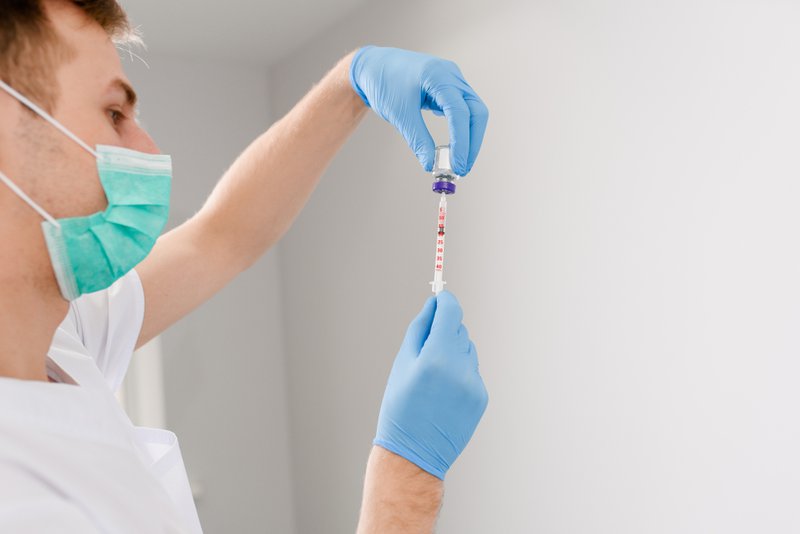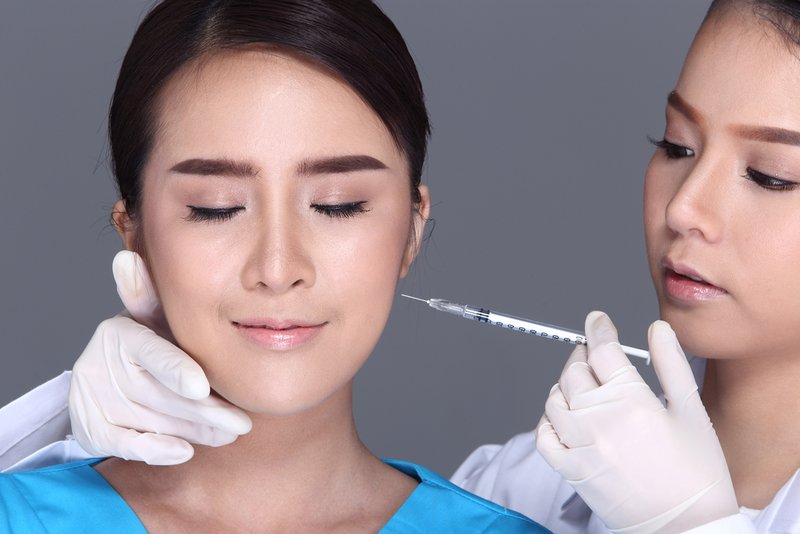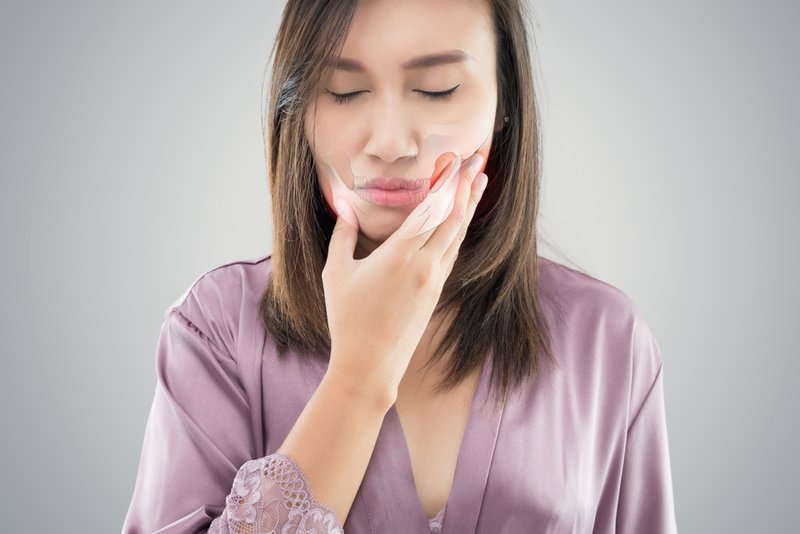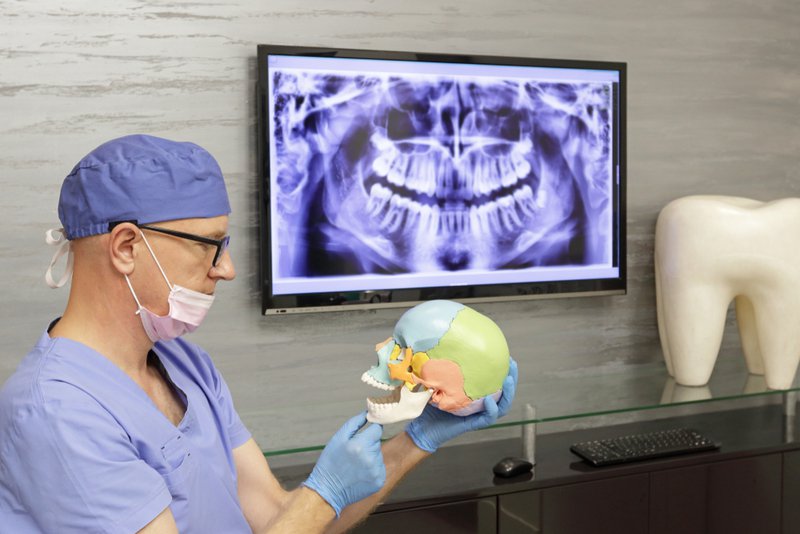What is Dental Botox?

July 20, 2021
Botox is primarily known as a cosmetic treatment that removes the appearance of wrinkles from the face. By injecting botulinum toxin into the muscles under facial wrinkles, the muscles relax and produce a smoothing effect on the skin. For people looking for anti-aging treatments, it offers a minimally invasive, quick, and painless treatment. However, Botox use is not limited to cosmetic applications: dental Botox can provide relief from certain maxillofacial conditions that cause pain.
Who Can Benefit From Dental Botox?

Unlike cosmetic botox injections, dental botox helps treat a number of conditions affecting the face and mouth area. In particular, dental botox can treat a number of muscle-generated dental disorders such as:
Temporomandibular joint (TMJ) disorders
Temporomandibular disorders affect the jaw muscles, temporomandibular joints, and the nerves surrounding the area. Anything that hampers the harmonic function of the muscles, bones, and joints can lead to temporomandibular disorder. It often results in chronic facial pain, including migraines, jaw clicking or popping, shoulder and neck pain, and earaches.
Bruxism
Bruxism is the condition where a patient grinds teeth or clenches the jaws due to stress or anxiety. TMJ can also produce this symptom. Prolonged bruxism can damage the teeth through grinding, and can lead to more extensive discomfort including headaches or facial pain. Interestingly, most people with bruxism are often unaware whenever they grind their teeth and clench their jaw.
Masseter Hypertrophy
The condition known as Masseter Hypertrophy is characterized by the enlargement of the masseter muscles. Masseter muscles are what the mouth uses when it masticates or chews food and are some of the strongest muscles in the body by weight. While idiopathic hypertrophy is a rare occurrence that has no known causes, many experts believe it can be caused by defective/misaligned teeth, over chewing (such as gum or tobacco), TMJ disorders, congenital origins, or even stress and anxiety.
In addition to treating these disorders, dental botox can treat functional or cosmetic dental conditions, including the following:
- High lip lines
- Nasolabial folds
- Radial lip lines
- The appearance of gummy smile
- Improving orthodontic prosthesis or fixing orthodontic relapses
Benefits of Dental Botox

Dental Botox doesn't just provide a cosmetic solution to aesthetic problems. In fact, they provide benefits that go beyond appearance. Some of these benefits include:
Provides Pain Relief
Dental botox injections can provide relief from pain caused by dental disorders, like the ones noted above. The toxin relaxes the muscles of the jaw and face. A relaxed state reduces the symptoms of TMJ disorders such as tooth pain, headaches, and jaw soreness. In the case of bruxism, Botox reduces the mouth muscle contractions that control clenching and grinding.
Improves Orthodontic Fit
In cases where edentulous patients have repositioned lip muscles, dental prosthetics such as dentures will have a hard time fitting due to the reduced vertical dimension. Botox injections in the right places can relax and recondition muscles around a denture and make them more accommodating. In some situations, relapses can
happen when orthodontists neglect to consider facial muscles when designing treatments. This can cause hyperactive face muscles to constrict, which can then disrupt newly aligned teeth. Precision botox injections can help eliminate muscle tension and make the alignment more stable.
Precision Injections
More than any plastic surgeon or dermatologist, dentists know the detailed layout of the human face. In addition, years of deftly injecting anesthetics in gums and inner cheeks give them the needed training for precision injections required for Botox treatments.
Risks Of Dental Botox

While Botox injections are a generally safe treatment, there are risks associated with their usage. Utmost care must be made when handling the botulinum toxin. This also means that the person administering the injections should be a highly qualified and certified professional.
Like everything else, Botox isn’t a perfect treatment. Especially during the first few sessions, they can cause some side effects. These include:
- Mild pain, redness, swelling, or bruising at the injection site. This often happens a week or so after treatment.
- In some cases, injected Botox can unintentionally spread into unplanned areas in the face. This can cause temporary facial muscle paralysis or drooping eyelids.
- Another common side effect of Botox injections is the feeling of tightness around the top of the head. This usually goes away after a few days.
- Flu-like symptoms can also occur as a side effect. This includes fever, headaches, and nausea.
In addition, constant or repeated Botox use can trigger resistance. This makes further treatment using the same strain of Botox unsuccessful, as the body is well-adjusted enough to mount a fight against the botulinum toxin. When treatment stops becoming effective, the dentist will need to use a different strain of neurotoxin.
While the symptoms above should subside in a couple of days, always be on the lookout for more serious complications such as muscle weakness. The telltale signs include experiencing diarrhea or incontinence or experiencing difficulty swallowing or breathing. If these symptoms continue, seek a medical professional immediately.
Arkansas Family Dental Offers Dental Botox Treatment

Before deciding on Botox treatment, make sure to consult with your family medical or dental practitioner. It pays to ask around and check if your specific conditions are suitable for Botox injections. Additionally, take the time to learn more about the Botox practitioners in your area. What products and equipment do they carry? Are they qualified to provide treatment? Did they undergo specialist training?
Arkansas Family Dental offers dental Botox treatment for both aesthetic and therapeutic purposes. Our dental experts are highly competent in administering botox injection as well as being highly-versed in oral-maxillofacial health matters. Learn more on how you can benefit from dental Botox treatment. Call us to schedule an appointment now.

Connect With
Call (501) 232-6273 or request an appointment online to set up your first visit. We’ll be in touch soon.
